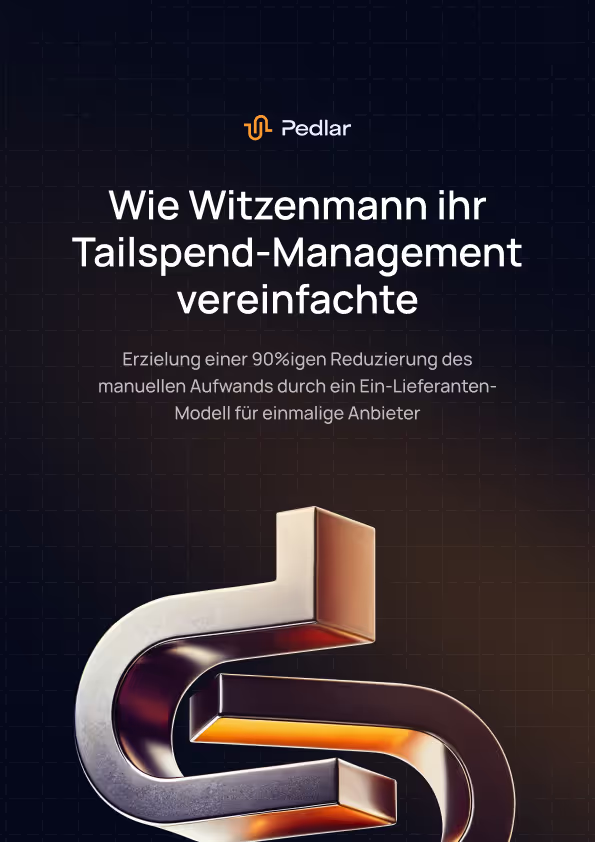The Secure Tomorrow Summit 2025 showed that resilience comes from speed, innovation and strong partners.
The geopolitical situation, technological disruptions and hybrid threats are changing the foundations of security and resilience in business and society. At Secure Tomorrow Summit On September 25, 2025, leading representatives from politics, business and science discussed how companies and the state remain able to act even though the world is becoming increasingly uncertain.
Matthias Berg, Head of Innovation at BME, made it clear that security today means much more than military defense. Cyber attacks, hybrid warfare, disinformation, and critical infrastructure vulnerability require an expanded understanding that integrates domestic politics, economic sovereignty, and cybersecurity. For companies, this means that procurement must become more resilient, flexible and innovation-oriented.
The security policy agenda has direct effects on companies in all sectors — from defense companies to mechanical engineering and automotive to IT and chemicals. The key challenges are:
For purchasing, this means that individual orders, new suppliers and complex compliance requirements cost enormous resources, block strategic tasks and slow down innovation.
Pedlar starts here. With the 1 creditor model All one-time requirements are bundled by a central contact and operational processing is taken over.
For companies in the defense or security-related sector, this means:
Resilience comes from speed, innovative capacity and cooperation. Companies must rethink their purchasing and supply chain processes in order to remain effective. Pedlar helps simplify processes, create capacities for strategic tasks and position purchasing as an indispensable partner.
